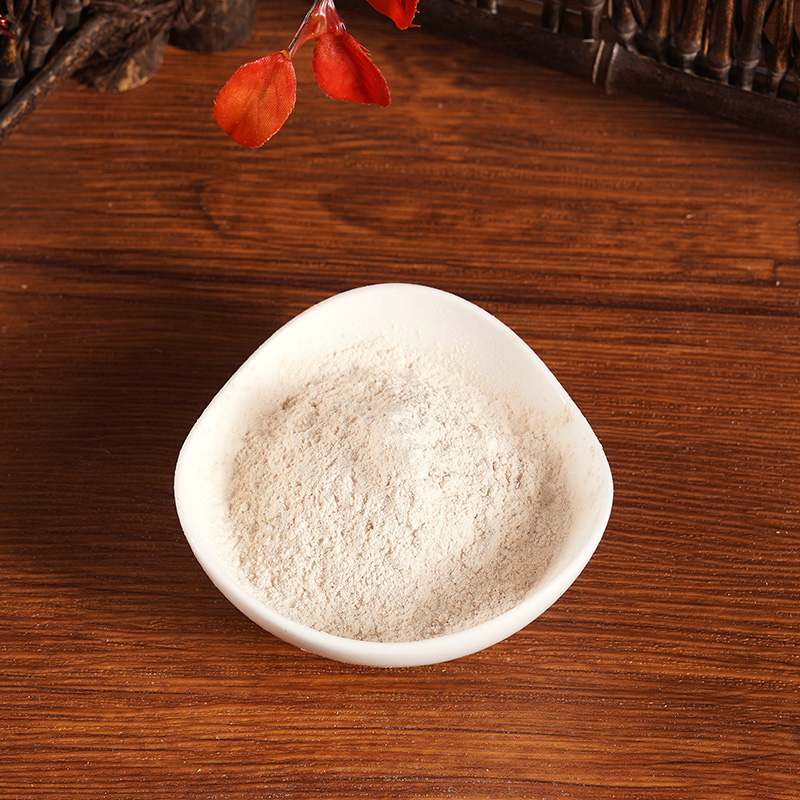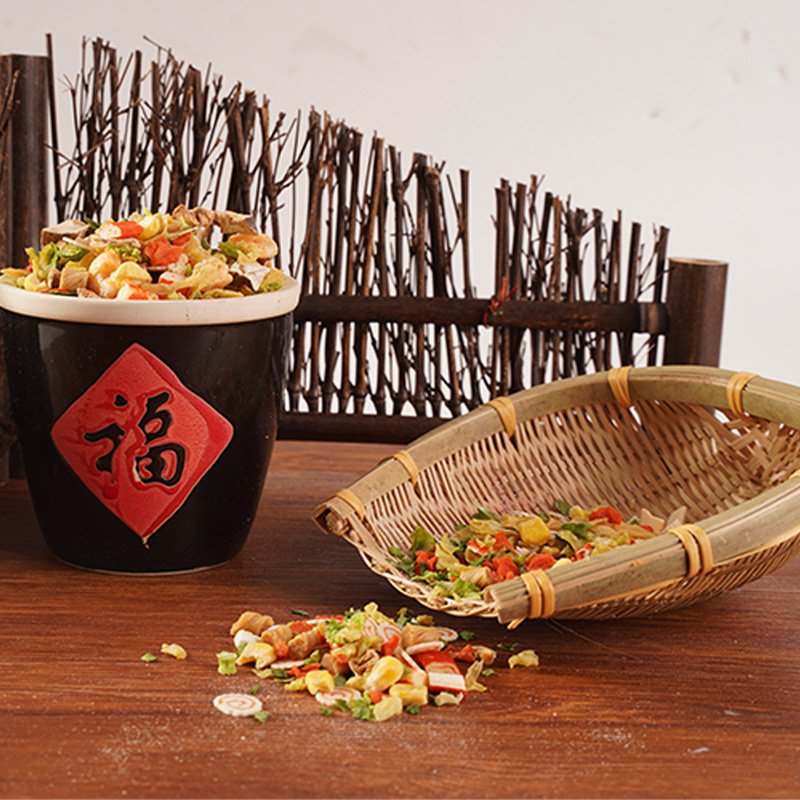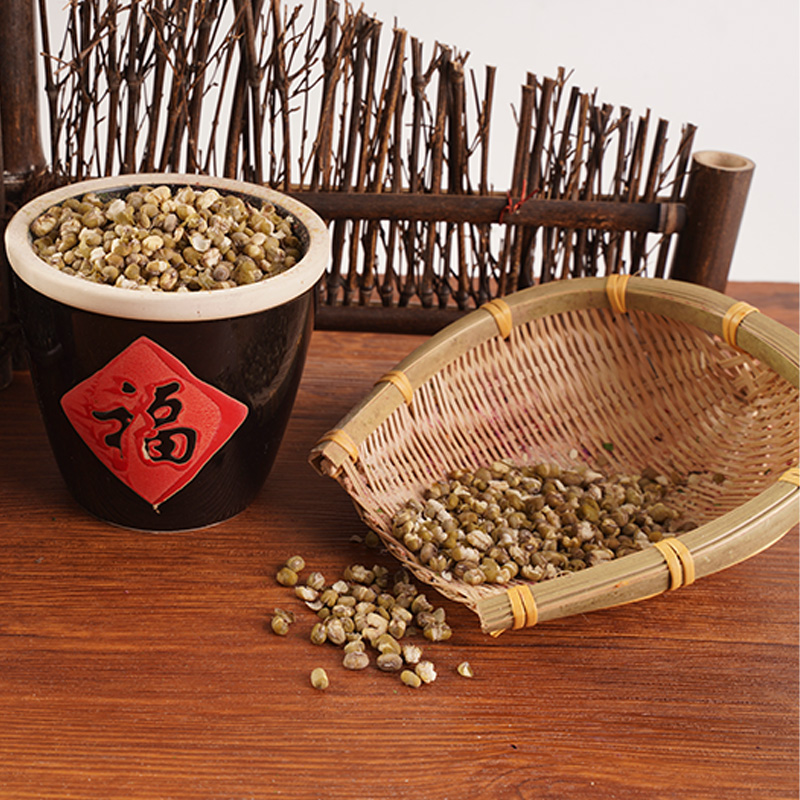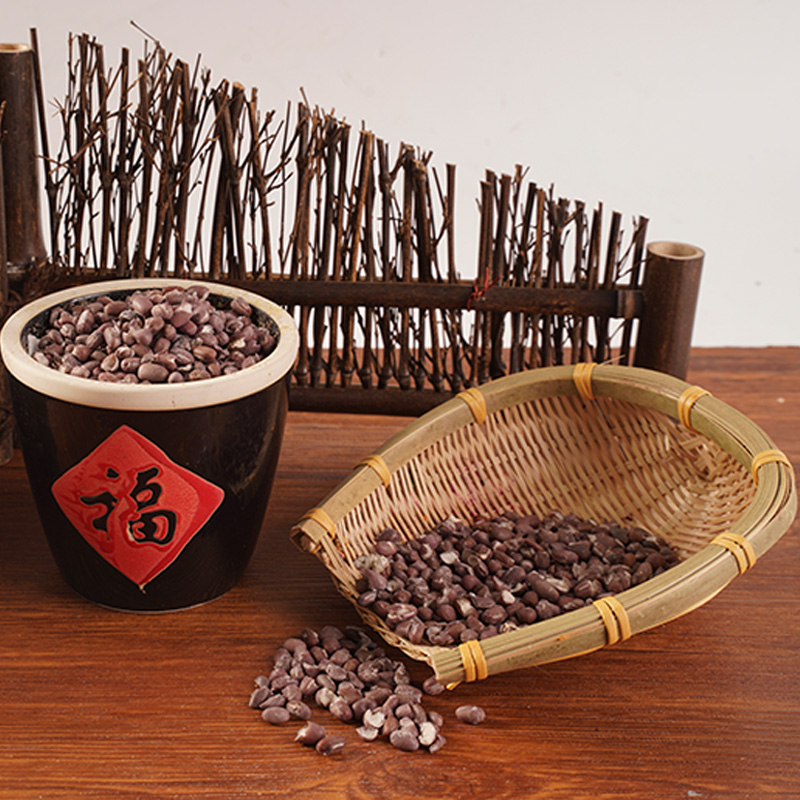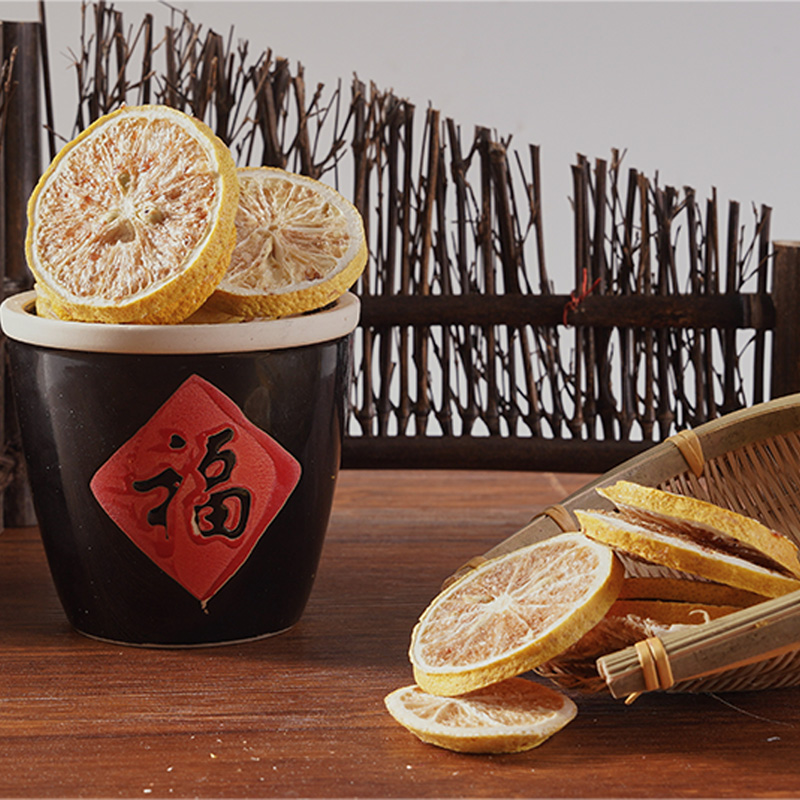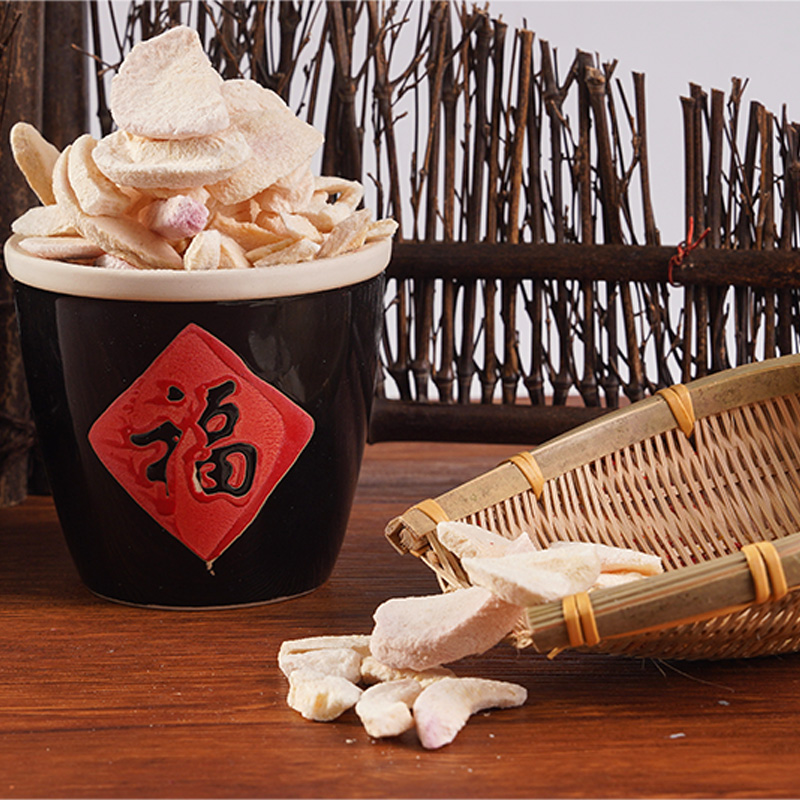How Can You Incorporate Dehydrated Vegetables into Your Everyday Baking?
Incorporating dehydrated vegetables into your daily baking routine is a simple way to boost nutrition, enhance flavor, and add a unique twist to traditional recipes. From breads and muffins to savory pastries, dehydrated vegetables can elevate your baked goods while keeping them convenient and long-lasting.
Why Choose Dehydrated Vegetables for Baking?
1. Nutritional Benefits
Dehydrated vegetables retain most of their vitamins, minerals, and antioxidants. By adding them to your baking, you can increase fiber intake and add essential nutrients without altering the texture or taste of your recipes.
2. Convenience and Shelf Life
Unlike fresh vegetables, dehydrated vegetables have a long shelf life, making them easy to store and always ready for use. This reduces food waste and allows for spontaneous creative baking.
3. Flavor Enhancement
When rehydrated or incorporated directly into doughs and batters, dehydrated vegetables can intensify flavors. Ingredients like carrots, spinach, or bell peppers add subtle sweetness or earthy notes to both sweet and savory baked goods.
Ways to Incorporate Dehydrated Vegetables into Everyday Baking
1. Breads and Muffins
Add finely chopped or powdered dehydrated vegetables to your bread or muffin batter. Carrots, zucchini, or pumpkin powder work particularly well, adding color, moisture, and flavor.
2. Savory Pastries
Enhance quiches, pies, or scones with dehydrated vegetables like bell peppers, tomatoes, or spinach. Simply rehydrate or sprinkle directly into the dough for a nutritious and flavorful twist.
3. Crackers and Flatbreads
Mix powdered dehydrated vegetables into your dough to create colorful, healthy crackers. Vegetables like beetroot or spinach not only improve taste but also make visually appealing baked goods.
4. Cookies and Sweet Treats
Even sweet baked items can benefit from dehydrated vegetables. Pumpkin or carrot powders can be incorporated into cookies or muffins, adding natural sweetness and nutrition.
Tips for Baking with Dehydrated Vegetables
- Grind dehydrated vegetables into a fine powder to blend seamlessly into batters.
- Adjust liquid content in recipes, as dehydrated vegetables may absorb moisture.
- Start with small quantities to maintain the balance of flavor and texture.
Using dehydrated vegetables in your everyday baking is a creative and health-conscious choice. From enhancing flavor and color to boosting nutrition, these versatile ingredients can transform traditional recipes into delicious, nutrient-rich baked goods. Experiment with different vegetables to find the perfect combination for your kitchen!
News Category
- Company News(1)
- Industry News(74)



 English
English русский
русский 日本語
日本語 한국어
한국어 中文简体
中文简体





